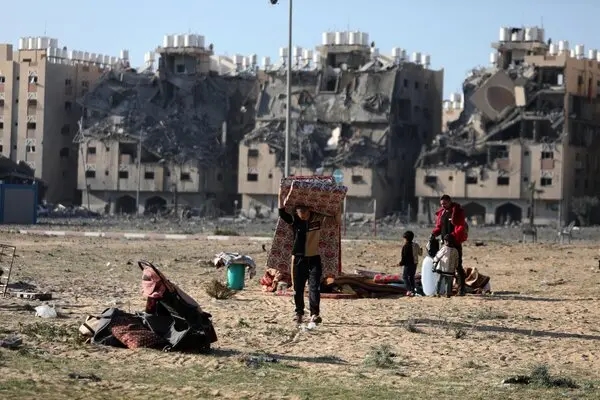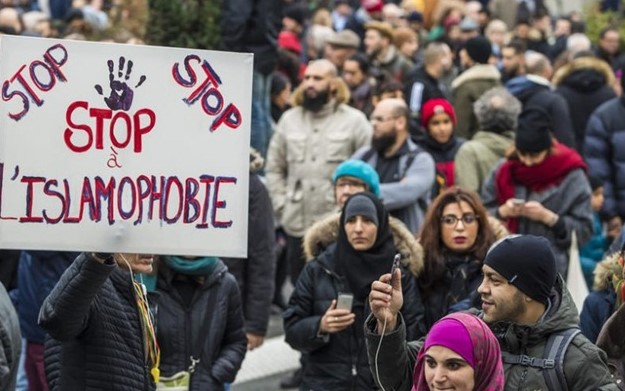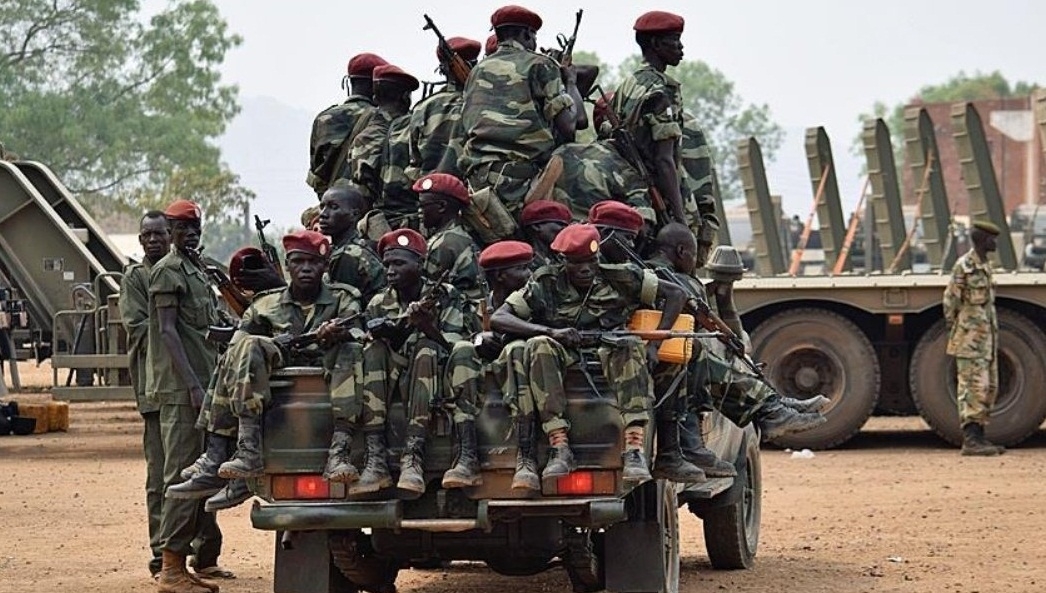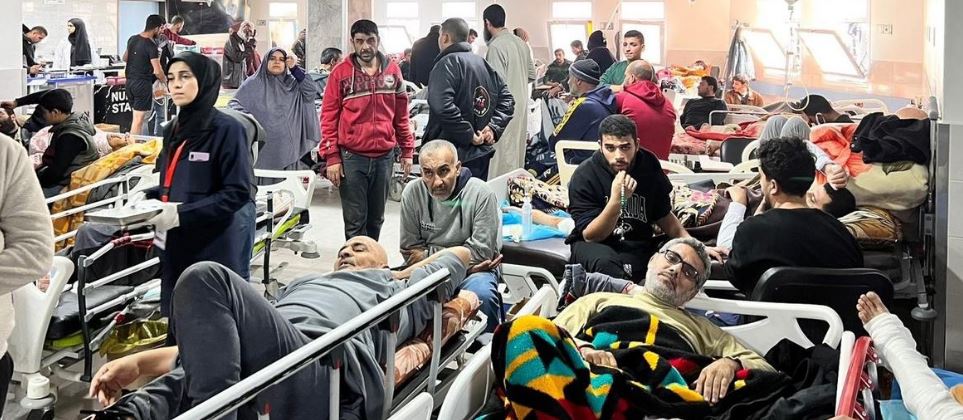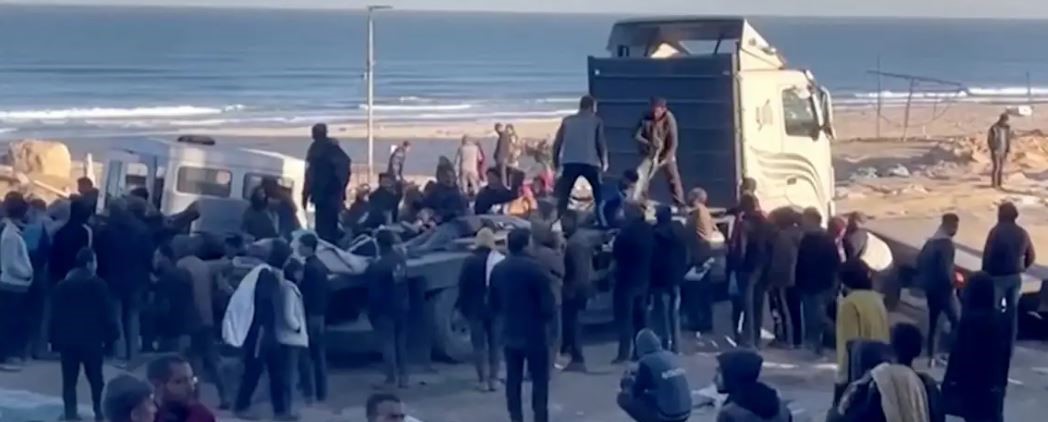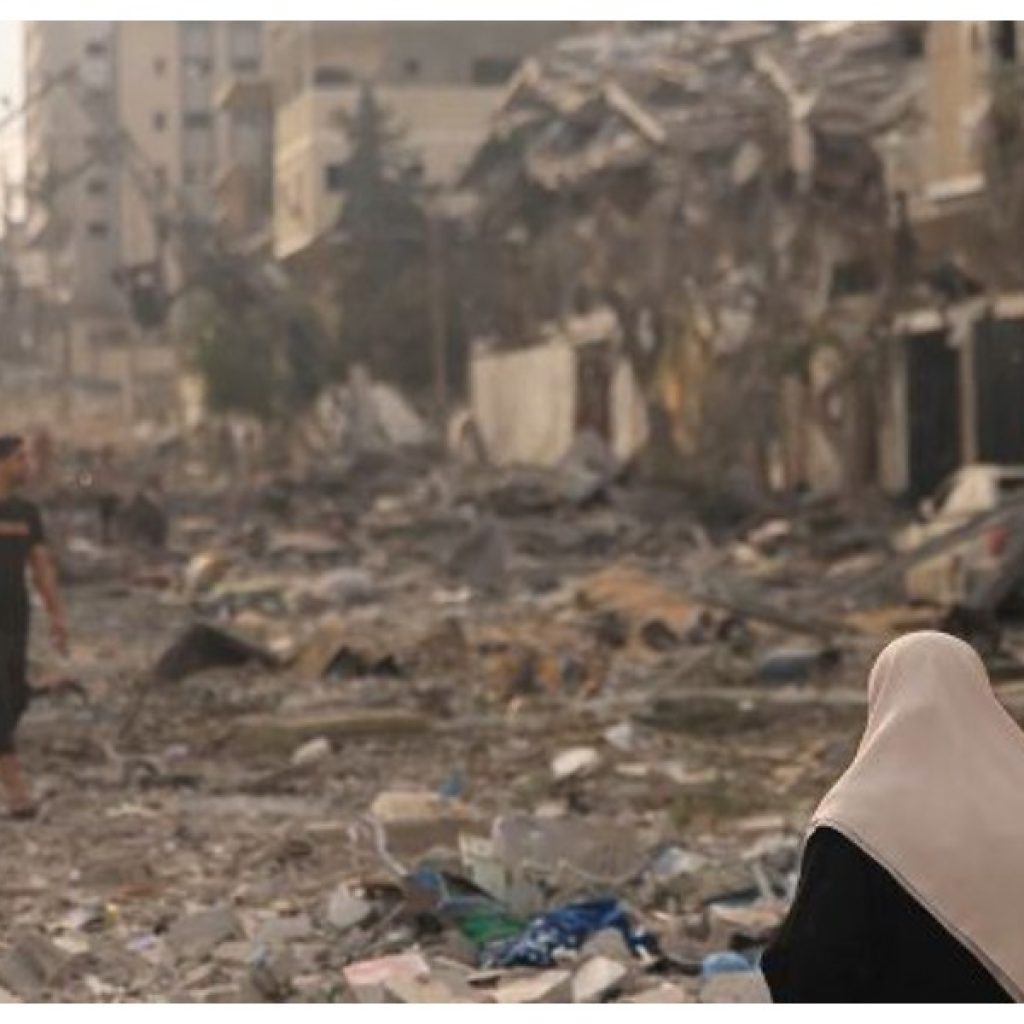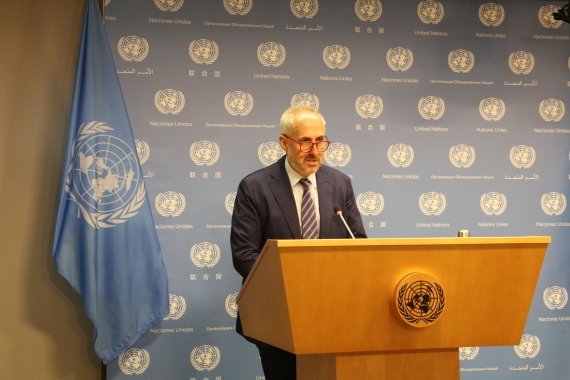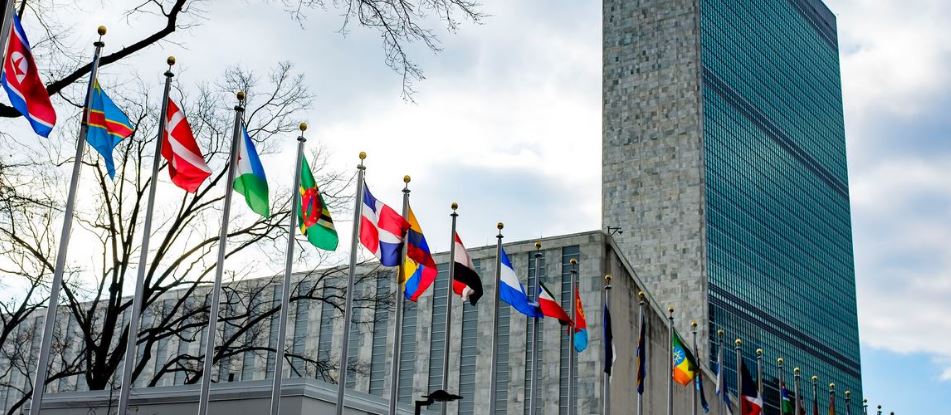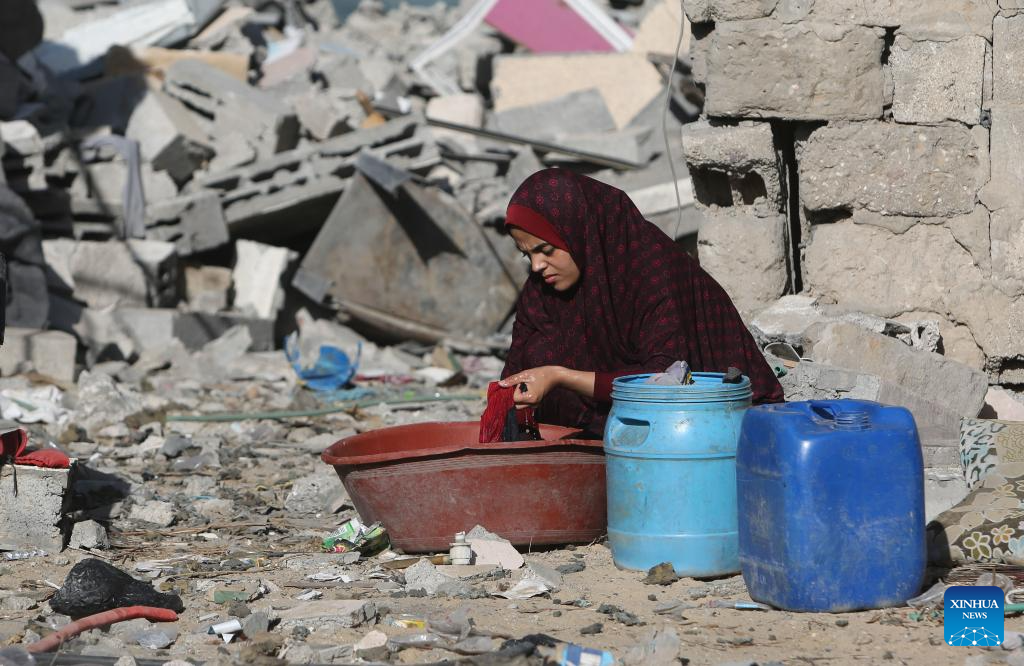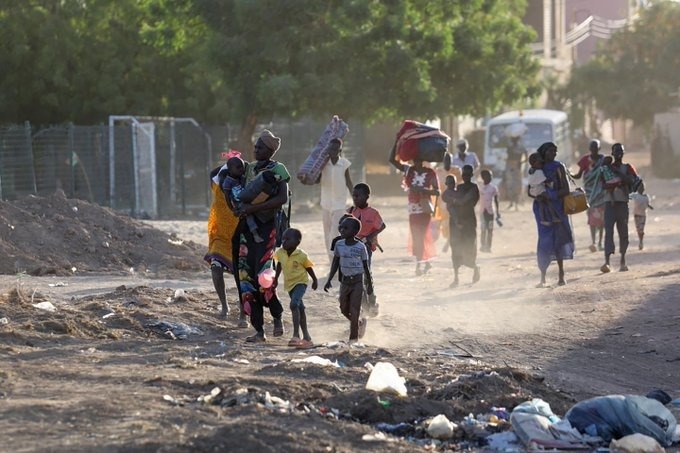The UN rights chief cautioned that Israel’s stringent limitations on aid entering the conflict-stricken Gaza, alongside its persistent assaults, ould be seen as using starvation as a “method of war”…reports Asian Lite News
The United Nations High Commissioner for Human Rights issued a stark warning, suggesting that Israel’s ongoing limitations on humanitarian aid entry into Gaza, coupled with its conduct of hostilities, could potentially qualify as the use of starvation as a “method of war.”
“The extent of Israel’s continued restrictions on the entry of aid into Gaza, together with the manner in which it continues to conduct hostilities, may amount to the use of starvation as a method of war, which is a war crime,” cautioned the UN rights chief Volker Turk.
The statement underscores growing concerns over the dire situation in Gaza, as access to essential supplies remains severely constrained amid escalating tensions.
Turk underscored the urgency of averting an imminent famine in Gaza, stressing that decisive action could mitigate the unfolding humanitarian crisis. “The projected imminent famine in Gaza can and must be prevented,” declared the UN rights chief, emphasising the gravity of the situation.
Highlighting the failure to heed previous warnings, the commissioner lamented the human-made nature of the catastrophe, insisting it was entirely preventable. “The alarm bells sounded over the past months by the UN, including my Office, have not been heeded. This catastrophe is human-made and was entirely preventable,” the statement read.
Attributing the dire conditions to Israel’s restrictions on humanitarian aid and commercial goods, displacement of the population, and destruction of vital infrastructure, the commissioner warned of dangerous coping mechanisms emerging among the desperate populace.
“Law and order is breaking down as people become increasingly desperate, and children have reportedly been sent to make the dangerous journey from northern to southern Gaza, unaccompanied in the desperate hope that they will find food and support among the 1.8 million people already displaced there,” the statement continued.
The commissioner condemned Israel’s blockade of Gaza, citing its severe impact on human rights and potential violation of international law.
Calling upon Israel to fulfill its obligations as the occupying power, the commissioner urged immediate action to ensure the provision of essential goods and humanitarian aid to Gaza’s population.
“The clock is ticking. Everyone, especially those with influence, must insist that Israel acts to facilitate the unimpeded entry and distribution of needed humanitarian assistance and commercial goods to end starvation and avert all risk of famine,” the commissioner demanded.
In addition to humanitarian aid, the commissioner stressed the necessity of a ceasefire and the unconditional release of hostages, underscoring the need for full restoration of essential services.
Recently, a UN-backed report warned of imminent famine over northern Gaza, where more than 1 million people are on the brink of starvation.
The dire situation, exacerbated by acute hunger affecting 70 per cent of the population, paints a grim picture of imminent catastrophe. With half of Gaza’s 2.2 million inhabitants facing severe food shortages, the Integrated Food Security Phase Classification (IPC) projects famine could strike the north between mid-March and May 2024.
The crisis has already surpassed the threshold for famine, with reports of starvation-related deaths, including children and infants, reaching alarming numbers. Desperate measures such as scavenging for food, consuming grass and animal feed, and drinking contaminated water have become distressingly common. Mothers, unable to produce sufficient milk, struggle to nourish their babies, while overwhelmed health facilities grapple with the demand for infant formula, according to CNN.
United Nations Secretary-General Antonio Guterres expressed grave concern, labelling the situation as the worst-ever recorded in terms of catastrophic hunger.
Peace talks hit roadblock
The ongoing indirect peace talks in Qatar capital have hit a roadblock after Israel refused to budge on many demands put forward on behalf of Hamas.
According to sources in the Israel defence ministry, the Israeli delegation led by Mossad Chief David Barnea told the mediators, including those from Qatar and Egypt, that they may not be able to release several Palestinian prisoners who are charged with grave crimes, including murder.
Hamas had demanded the release of 350 Palestinian prisoners who are in Israel jail for serious offenses, including murder.
The Israel side, according to information available, has also said that it wanted the release of its hostages in two slots. Earlier Hamas had said that they would release the Israeli hostages in three steps with women, elderly and injured given the first preference. The second slot ,according to the Hamas conditions, was to release the Israel women soldiers in captivity and the third step would feature the release of all those in custody, including male soldiers.
However, sources told IANS that the Israeli negotiators wanted all the male and female soldiers in custody to be released in the second slot.
This tough positioning of the Israel side has set a gloom over the peace talks on the first day itself. It may be recalled that the Israel security cabinet had put certain red lines for the negotiators and had firmly directed the team to be tough.
Israel Prime Minister Benjamin Netanyahu and the Defence Minister Yoav Gallant were given the entire charge of communicating with the Israeli negotiators if a situation arises.
ALSO READ-Israel-Hamas peace talks Hit Impasse

